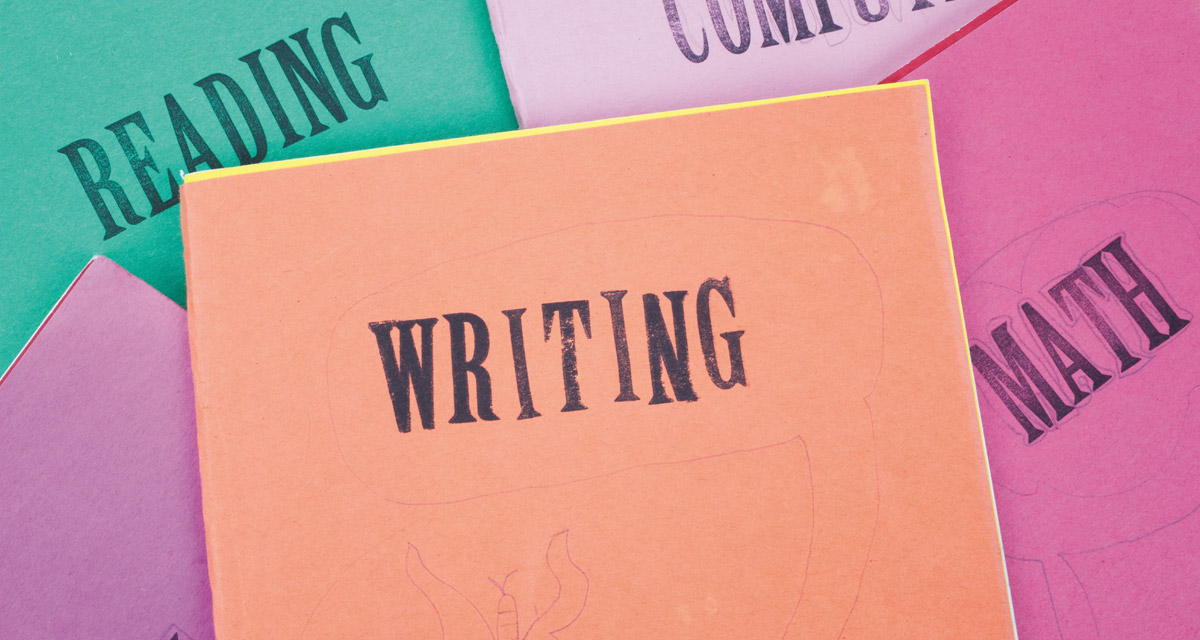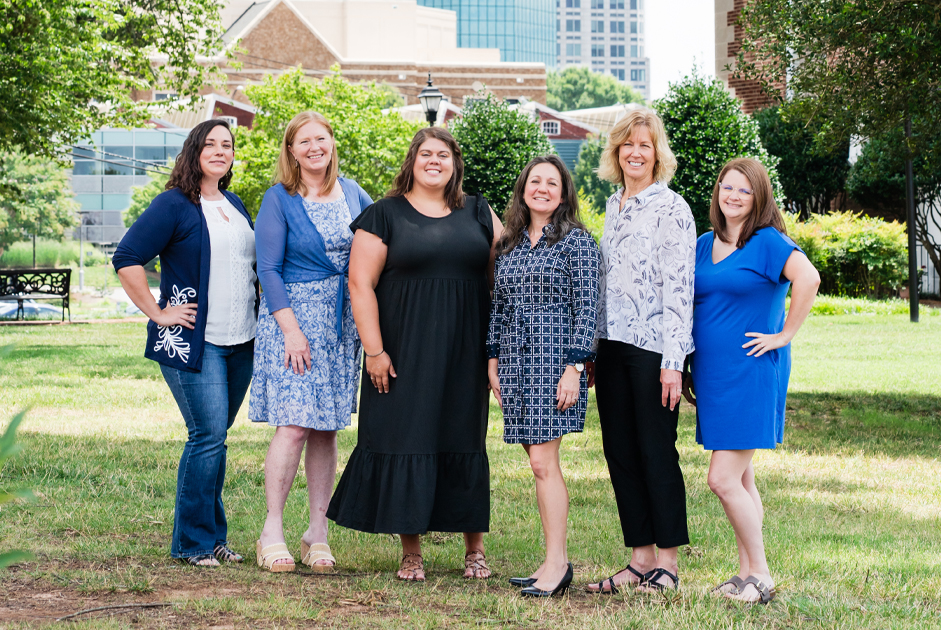A different type of learning occurs during the low-key and relaxing days of summer vacation. When children are not focused on the thought of educational practices, they can jump by leaps and bounds beyond their own defined levels of comfort. The end of school marks the beginning of continuing the momentum without an alarm clock, desk and scheduled classes. In fact, 30 minutes a day, Monday through Friday, could be set aside for learning something new, independently or with a family member. Most likely, the 30 minutes may expand to hours, simply because she is enjoying herself.
Reading
Not all children can wander into their local public library and find a stack of books of interest and read them one after another independently. Some children need something more appealing, such as a name of an author who writes high- interest books. Therefore, for reading aloud or independently, the following authors will lead the reader on a wonderful adventure: John Flanagan, E.G. Foley, Cornelia Funke, Brandon Mull, Louis Sachar, Angie Sage, Rick Riordan, and Johnathan Stroud, to name a few.
Consider additional options, such as listening to audiobooks in the car, or for an hour each afternoon. Your public librarian can help you locate or hold a particular audiobook. You may enjoy the narrators of popular books such as Jim Dale (Harry Potter series, the Stone Heart Trilogy, and Peter and the Starcatchersseries), Brendan Fraser (Dragon Rider) or Bronson Pinchot (The League of Princes books.)
Encourage your child to visit the non-fiction section of your local library. Through age-appropriate books, she may discover a new interest or expand her knowledge of space and the constellations, Greek and Roman mythology, animals and ocean life, weather, geography, or learn about special events, time periods, or famous people in history.
Math
One of the surest ways to boost strategy and computation skills is through gathering the family and playing board games. Increase the excitement by suggesting Family Game Night begin with a dinner of tacos or pizza or a snack of watermelon, or strawberries and whipped cream. Children will boost confidence levels with unique games such as “Head full of Numbers” (7+), “Sumoku” (8+), and “Prime Club” (10+).
Additionally, for children who enjoy their technological time, try www.prodigy.com, a free game for the first through eighth grade; and www.math-play.com, which offers free high-interest math games for kindergarteners through eighth graders; and algebra 1 and 2, geometry, and pre-calculus.
Writing
The task of writing may require thinking outside the box to aid in boosting confidence levels, and the practice of either penmanship or typing skills. (If it is the latter, invest in a typing software program that offers a keyboard tutorial and typing tests to assess speed and accuracy progress.)
A few writing suggestions:
- Handwriting or typing favorite recipes;
- Beginning a daily journal or scrap book;
- Taking photographs and writing about the moment or person;
- Learning about the poetic style of E.E. Cummings or Edgar Allan Poe, and creating semi-original poems;
- Sending e-mails to family members in lieu of texting;
- Writing or co-writing an original story;
- Placing 30 proper and common nouns into a container. In writing a 10-day story, choose three words daily and incorporate them into the story;
- Taking notes from a Podcast or television program to increase concentration and listening skills;
- Learning two new words each day and writing them down.
Start Day One of Vacation
On the first full day of summer vacation, discuss the rewards and goals of taking 30 minutes a day to read, write, and engage in math. Allow your child to create, in writing, the rules. While morning is often the best time to begin a promise of learning, an hour in the afternoon may be a welcome break in the day. Signatures will be the seal to the agreement. (Parents can also make a promise to read daily, or listen to a podcast or audiobook, and define a form of writing.)
In the fall, your child will discover she has progressed, perhaps noting she feels more relaxed in class or more confident to work independently. A little effort combined with family encouragement can make a big difference!




















